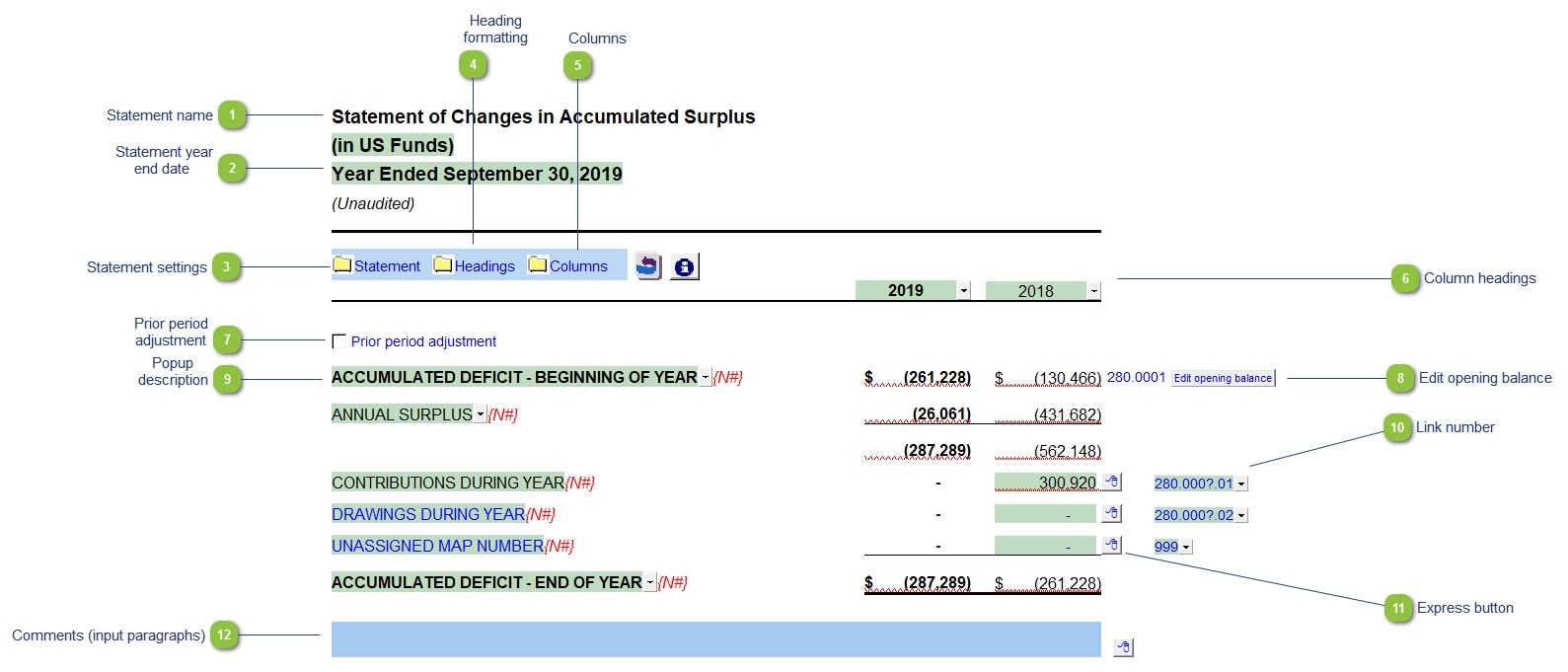

Finance
Actuarial Deficit Definition
Published: September 30, 2023
Learn the definition of actuarial deficit and its significance in finance. Explore how it impacts financial planning and risk management strategies.
(Many of the links in this article redirect to a specific reviewed product. Your purchase of these products through affiliate links helps to generate commission for LiveWell, at no extra cost. Learn more)
The Actuarial Deficit Definition: Understanding the Finances Behind it
Welcome to the FINANCE category of our blog! In this post, we’ll be delving into the concept of actuarial deficit and providing a comprehensive definition of what it entails. If you’ve ever wondered about the financial implications of actuarial deficits and how they can impact various sectors, you’ve come to the right place. So, let’s dive in and gain a clear understanding of this critical aspect of finance.
What is Actuarial Deficit?
Put simply, an actuarial deficit refers to the situation where the present value of an entity’s future obligations, such as pension payments or insurance claims, is higher than the present value of the funds set aside to fulfill those obligations. Actuaries, who are specialized professionals in assessing financial risks, use various actuarial formulas and data to determine the extent of the deficit.
Key Takeaways:
- An actuarial deficit occurs when an entity’s future obligations exceed the funds set aside to fulfill those obligations.
- Actuaries use calculations and analysis to assess and quantify the extent of the deficit.
Implications of Actuarial Deficit
An actuarial deficit can have far-reaching consequences across different sectors, including pension plans, social security systems, and insurance companies. Here are some key implications to consider:
- Pension Plans: Many pension plans face actuarial deficits, highlighting the challenge of providing promised retirement benefits. When actuarial deficits arise, it may lead to significant financial burdens for employers or governments responsible for funding these plans. Some potential outcomes include reduced pension benefits, increased contributions, or even the need for government bailouts.
- Social Security Systems: Actuarial deficits in social security systems indicate a strain on the resources available for supporting retirees. Governments may need to review policies, increase contributions, or impose other measures to address the deficits and ensure the sustainability of the system.
- Insurance Companies: Actuarial deficits within insurance companies can impact their ability to honor claims and maintain financial stability. In such cases, insurers may need to raise premiums, reduce coverage, or seek additional capital to overcome the deficit and continue operating.
Addressing Actuarial Deficits
Given the potential consequences of actuarial deficits, it becomes imperative to address them effectively. Here are some common approaches taken:
- Increasing Contributions: One way to manage actuarial deficits is by increasing contributions from participants or policyholders. This helps to bridge the funding gap and ensure the availability of sufficient funds to meet future obligations.
- Adjusting Benefits or Coverage: In some cases, reducing promised benefits or coverage can be a necessary step to align future obligations with available funds. However, such actions might impact stakeholders who rely on these benefits or coverage, making it a challenging decision.
- Investment Strategies: Optimizing investment strategies to maximize returns while managing risk is another approach. By carefully selecting investments and balancing return potential with risk tolerance, entities can enhance their ability to generate adequate funds and address actuarial deficits.
In Conclusion
Understanding the actuarial deficit definition is crucial for grasping the financial implications it can have on various sectors. Actuarial deficits in pension plans, social security systems, and insurance companies demand attention and proactive measures to ensure long-term sustainability and fulfill future obligations effectively.
We hope this blog post has provided you with a comprehensive understanding of actuarial deficits and their significance in the world of finance. If you have any further questions or would like to explore this topic further, don’t hesitate to reach out to us. Stay tuned for more exciting content in our FINANCE category!














